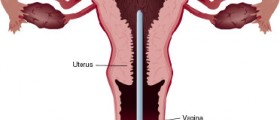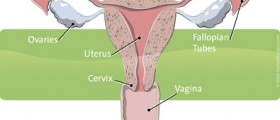
For those who suffer from a condition known as menorrhagia, the endometrial ablation procedure might be an option. Menorrhagia refers to heavy bleeding during periods. This can have an adverse effect on ones life and can also heighten the risk of developing anemia. If one suffers from this condition, it might be an option to undergo the endometrial ablation procedure, which removes some of the lining tissue from the womb. Some alternatives are available, including the insertion of an intra-uterine system, or the administration of medications such as the oral contraceptive pill or tranexamic acid. The endometrial ablation has become a genuine alternative to the hysterectomy operation.
About the operation
In order to prepare for the operation, it will be necessary to avoid smoking in the lead up to the procedure. Some medications might also be prescribed in the weeks before the procedure. These medications will help to thin the lining of the womb, which will make the treatment more effective, as well as serving to reduce the amount of bleeding during the operation.
The operation normally takes place over the course of one day. The patient will be able to return home on the same day as undergoing the operation. The procedure can be done under either general or local anesthesia. General anesthesia will require fasting in the hours before the operation is undergone. Whatever the instructions, be sure to follow the surgeon’s advice. Compression stockings can be worn in order to prevent the development of blood clots in the legs. Sometimes, anti-clotting medication might be required.
Duration of operation
The operation itself requires about half an hour to perform. This includes the time it takes to administer and recover from the anesthetic. Some forms of the operation require the usage of a hysteroscope, which is in effect a small camera designed to move through the vagina and cervix. Some specialist instruments can also be used. Some different techniques might be employed, involving diathermy, laser ablation, heated fluid, microwave endometrial ablation, and radio waves.
After the operation, one will require a period of rest. Pain relief will also be required in order to deal with any discomfort that might occur. Over the counter painkillers can be used to achieve this pain relief. Since vaginal bleeding will occur, the wearing of a sanitary towel is recommended. Some follow-up appointments might be necessary in order to check on the progress of the healing process and the success of the operation.

















Your thoughts on this
Loading...